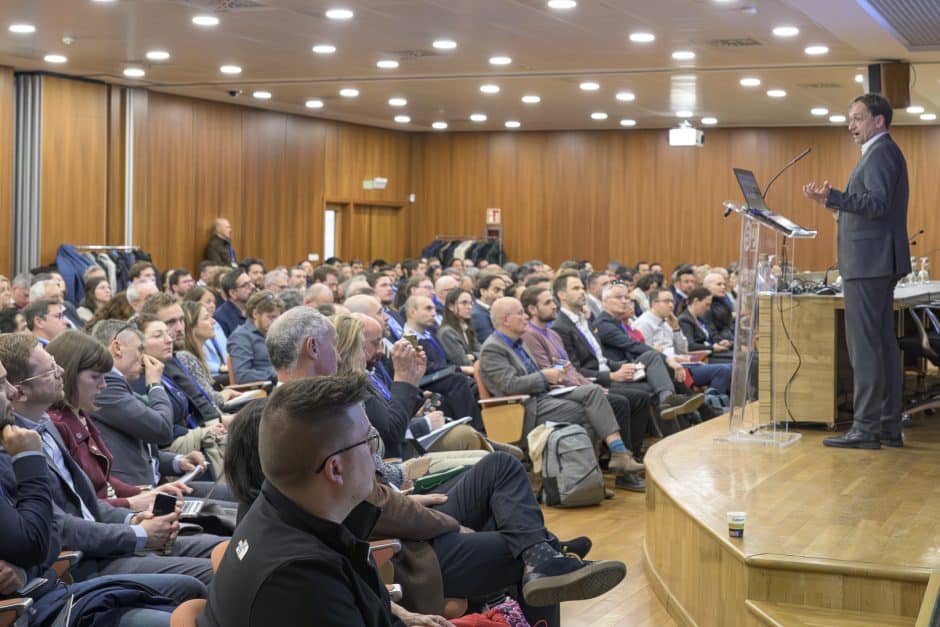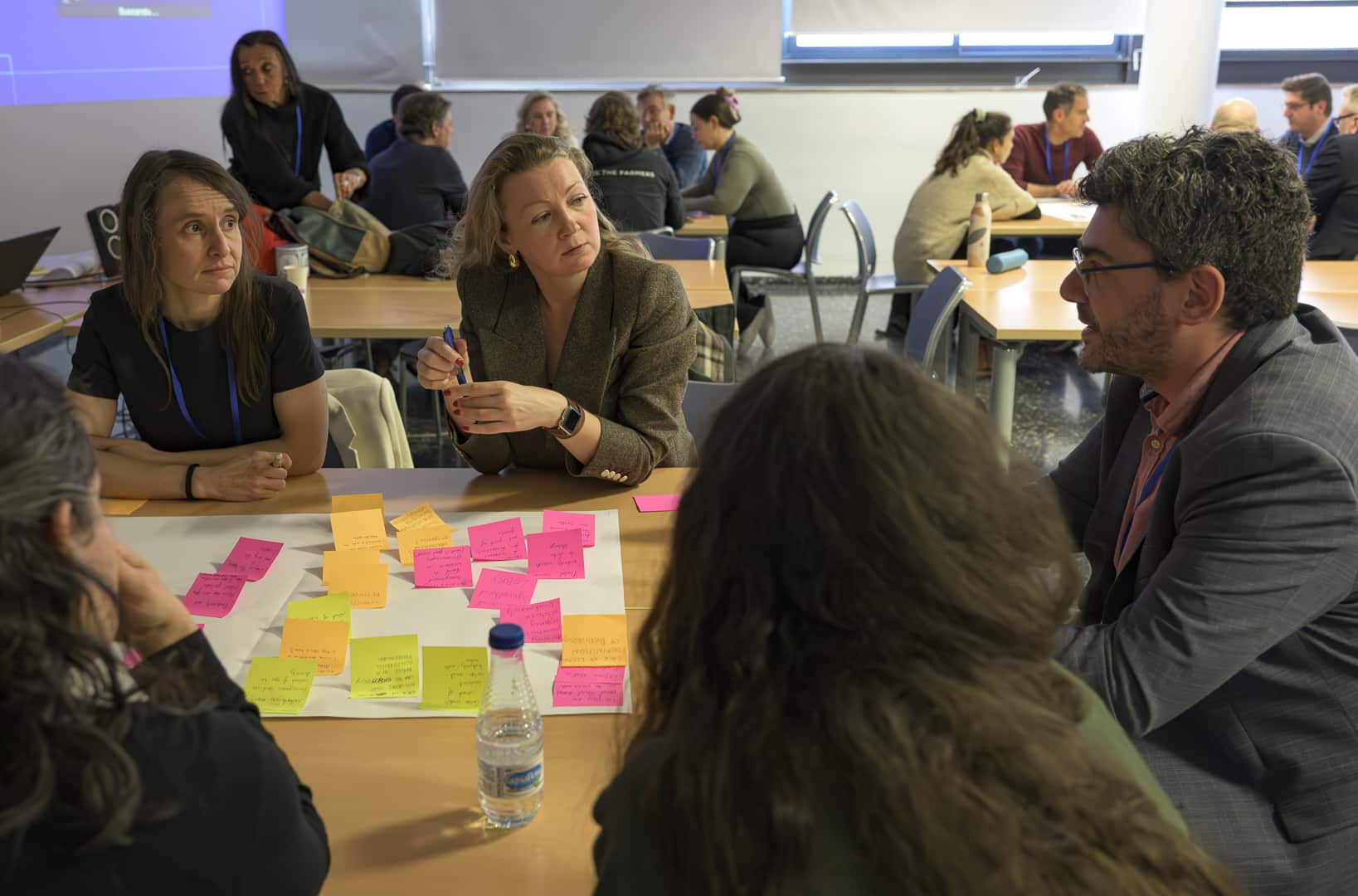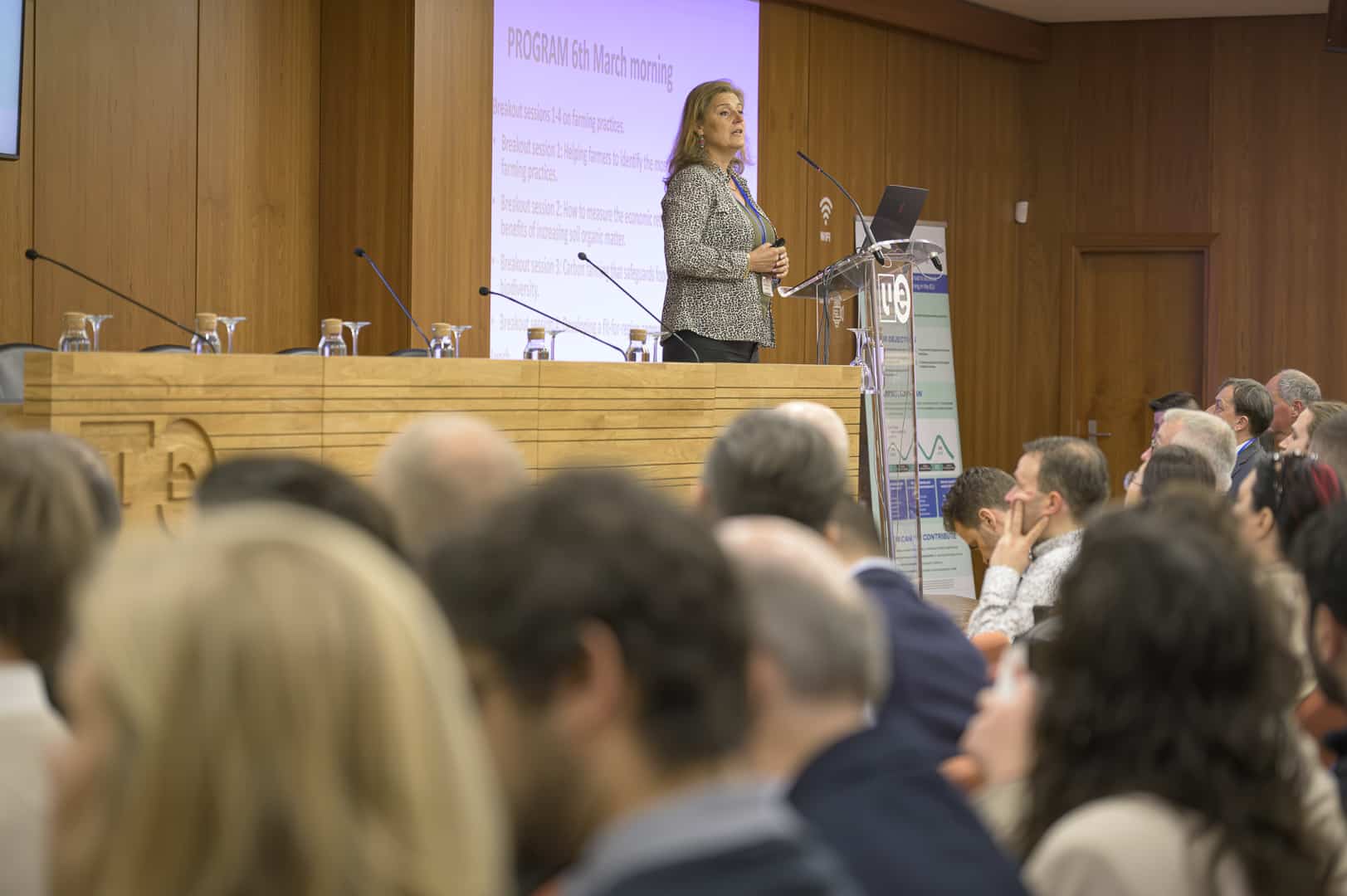Navigating the future of carbon farming: Insights from the first EU Carbon Farming Summit

The first-ever European Carbon Farming Summit convened in Valencia, Spain in March 2024 a vibrant community of over 600 professionals, organisations and enthusiasts dedicated to carbon farming and soil management. With a blend of in-person and virtual participation, the event highlighted the community’s strong commitment and enthusiasm for recognising the potential of carbon farming.
Climate change is no longer a distant concern; it’s an urgent reality demanding immediate and collective action. Carbon farming, i.e. agricultural practices that increase the sequestration of carbon in vegetation and soils and aiming to mitigate climate change and enhance soil health, can act as a transformative solution. When integrated into a holistic agricultural approach, it can improve farming practices to bolster resilience against climate change and biodiversity loss, essentially reimagining agriculture for a sustainable future.
Carbon farming presents exciting opportunities, with long-term benefits being uncovered through collaboration and innovative techniques, as well as challenges in its integration with carbon standards that have mostly emerged to serve the energy sector. Recent advancements highlight a range of benefits beyond carbon sequestration, including nutrient enhancement, water-related advantages, improved soil structure, and biodiversity promotion. With the help of technological advancements and standardised accounting methods, we’re gaining a clearer understanding of its holistic impact.
By identifying and quantifying these additional benefits, we can significantly enhance the return on investment of carbon farming, making it an increasingly attractive and viable option for both farmers and investors. Embracing these opportunities and harnessing the multifaceted benefits of carbon farming can pave the way for a sustainable future in agriculture – one of the key objectives of EU-funded CREDIBLE project, hosts of the EU Carbon Farming Summit, who advocate for carbon farming as a comprehensive tool to regenerate our agricultural systems, highlighting the importance of developing context-specific approaches and building trust on its transformative power.
Key insights from the EU Carbon Farming Summit
- EU Carbon Removal Certification Framework: support the way towards net-zero
The EU Carbon Removal Certification Framework is a crucial component of Europe’s strategy to achieve net-zero emissions by 2050. Presented by DG CLIMA at the summit, this framework addresses the growing significance of carbon removals in Europe’s efforts to combat climate change. Given the challenges in completely reducing emissions, carbon removals are becoming increasingly important for balancing out unavoidable emissions. The objective of this framework is to set the standards and guidelines for certifying and verifying these carbon removal methods, ensuring they meet the required environmental and technical criteria.
- The importance of monitoring: ensuring the effectiveness and integrity of carbon farming
Measuring and monitoring are crucial for assessing the impact of any mitigation action, and carbon farming follows the same logic: climate claims linked to shifting agricultural management must be proven and validated. In this respect, the Carbon Removal Certification Framework intends to offer clear quantification guidelines covering both soil emission reduction units and sequestration units, while at the same time acknowledging the impermanent nature of biogenic carbon. Proper and continuous monitoring ensures that the claimed carbon removals are genuine and verifiable. This not only serves as a technical requirement but is also fundamental in establishing trust and credibility in the carbon credit market among investors, policymakers, and the public.
- A harmonised approach: building trust in carbon credits
The summit highlighted the necessity of a harmonised approach to carbon credit certification across Europe. The current fragmented methods of certification create inconsistencies and uncertainties in the carbon credit market. A unified and standardised approach is essential to level the playing field, reduce complexities, and enhance transparency and credibility. Such a harmonised approach would facilitate easier comparison and evaluation of carbon credits, fostering trust among stakeholders and encouraging greater participation in carbon trading and investment.
- Empowering farmers: a key success factor for carbon farming
Farmers are central to the success of carbon farming initiatives. Their knowledge, skills, and on-ground experience are invaluable for implementing effective carbon sequestration and emission reduction practices. However, current carbon schemes do not always provide sufficient financial incentives for farmers to adopt these environmentally friendly practices. To overcome this barrier, complementary financing mechanisms and incentives need to be explored. Additionally, empowering farmers through education, training, and ongoing support is crucial to accelerate the adoption and scaling of carbon farming practices across Europe.
- Local context matters: tailoring carbon farming initiatives
Carbon farming is a diverse and context-specific solution. The summit emphasised the importance of considering the unique farming conditions, ecosystems, and socio-economic factors of different regions across Europe. Promoting peer-to-peer learning among farmers encourages the exchange of knowledge, best practices, and innovative solutions tailored to local contexts. Localised strategies and landscape-level initiatives, involving collaboration with local stakeholders such as communities, landowners, and agricultural organisations, are vital. These initiatives foster trust, enable better adaptation to diverse farming landscapes, and ensure that carbon farming practices are both effective and sustainable.

The EU Carbon Farming Summit served as a pivotal moment, setting the stage for a sustainable future for agriculture. The summit provided valuable insights, highlighted challenges, and unveiled opportunities, forging a path towards an integrated approach where agriculture and climate action go hand in hand.
By embracing a multi-actor approach, encouraging collaboration among stakeholders, and implementing progressive and responsible policies, Europe can fully unlock the potential of carbon farming, positioning it as a cornerstone of its sustainability strategy. As we transition from theory to action, one thing is clear: the future of carbon farming in Europe is promising, but it demands concerted effort, innovation, and collaboration to realise its full potential.
Register your interest to attend the second edition of the EU Carbon Farming Summit here!

